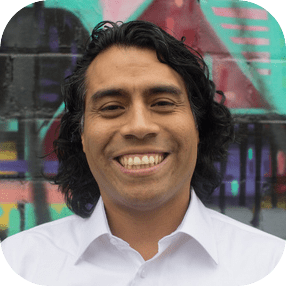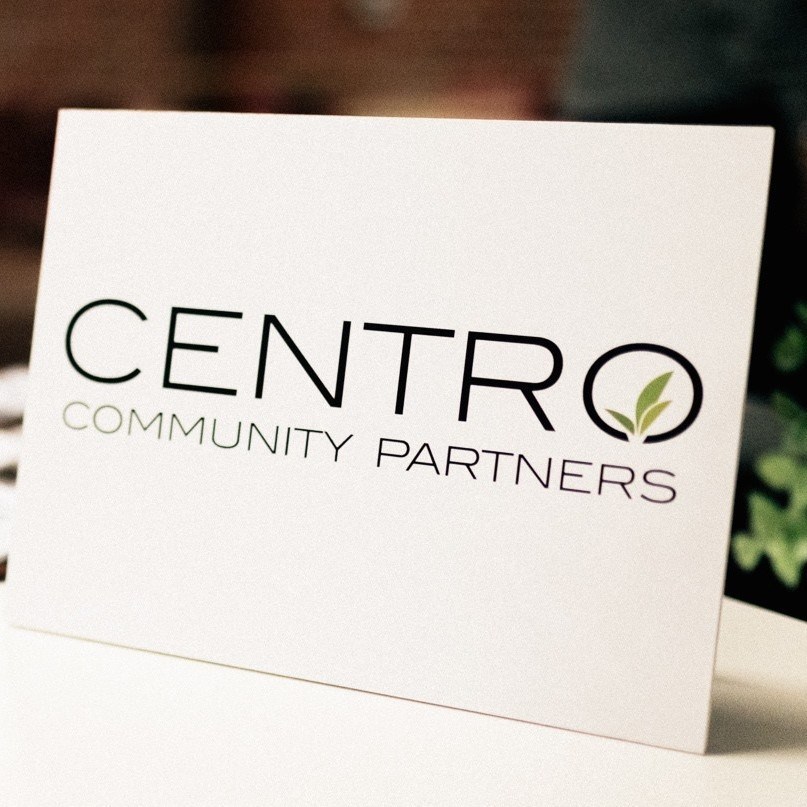Lack of support and resources. Lack of capital. Systemic racism.
Arturo Noriega knows better than most the obstacles that many people of color face when starting a business. Since 2010, the founder of Centro Community Partners — a nonprofit, Oakland-based foundation that provides mentoring, consultation and access to capital to underserved, low-income entrepreneurs — and his team of “entrepreneurship trainers” have worked with more than 4,500 aspiring business owners, helping turn ideas and dreams into reality.
And as the world weathers the winter surge of the coronavirus, Noriega also knows his work is more important than ever.
“Ninety percent of our clients are people of color, and they are taking the brunt (of the pandemic),” he said. “We haven’t stopped doing what we normally do. The pandemic has just made it more critical.”
In response to the ongoing health crisis and subsequent economic downturn, Centro Community Partners has expanded its services. Along with shifting its popular entrepreneurship and bootcamp programs online, the foundation has established a dedicated team of business advisors who are available 24 hours a day, and it has set up a Google Doc that’s updated weekly with the latest resources for business owners: free online courses and webinars, grants and loans, guides to setting up e-commerce. It has developed the Centro Business Planning Tool app, giving users access to a centralized resource hub. And it has assisted with dozens of loan applications, helping clients obtain more than $700,000 in low- and zero-interest loans.
Meanwhile, Noriega has worked almost nonstop (he has only taken two days off since April) to raise additional funding for the foundation’s programs and clients.

“I do well under crisis. I get tired, I sleep, then I get back to the grind,” he said. “It’s about being the best cheerleader for my (clients).”
One of those clients is Edith Ramirez, who owns and runs Excelente Auto Body & Frame Inc. in Stockton with her husband, Raul. Although categorized as an essential business, the auto repair shop has suffered setbacks as employees have gotten sick with COVID-19, including two in October.
“We do walk-ins and insurance,” said Ramirez. “The ones with insurance, we can’t wait that long, because they have car rentals that their insurance will only pay for so long.” If her workers can’t service cars fast enough, “we have to pay for (clients’) rentals.”
While Ramirez and her husband began working with Centro Community Partners several months before the pandemic, the assistance they have received since then has been invaluable in supporting their business through the crisis. They signed up for an Entrepreneurship Bootcamp, where their instructor, Diego Zapata, helped them complete a business plan, which in turn helped them secure a PPP loan. Another advisor, Carlo Arellano, pointed them to some business grants for which they applied successfully, receiving a $3,000 grant in June and a $5,000 grant in November.
“That’s information we didn’t know,” said Ramirez. “They helped us get approved for two grants. It’s been a big help.”
For Noriega, that’s what it’s all about.
“I love helping people. It comes from deep down in my soul to put my clients first,” he said. “I know these people personally. Their income feeds their families and keeps them sheltered.”
And his efforts haven’t gone unnoticed. In October, Noriega was awarded an AARP Purpose Prize in recognition of his tireless efforts to support underserved communities; and several of the foundation’s funders have asked Noriega for assistance in setting up similar programs in other parts of the country, including Miami, New Orleans, Philadelphia and Washington, D.C.
At the end of the day, Noriega understands some of his clients’ businesses “aren’t going to make it,” but he’s intent on supporting entrepreneurs however he can — even if it’s just offering a shoulder to cry on.
“Sometimes, the emotional support is enough,” he said. “It’s my team’s effort of being embedded in the community, listening to people’s needs, and coming up with the right solutions. We’re about helping people in the community who really need it.”
